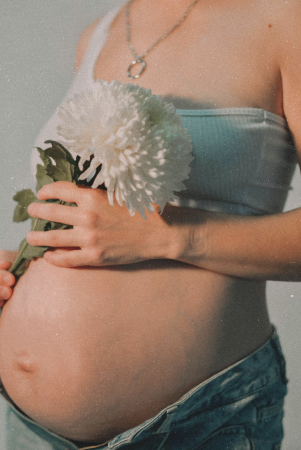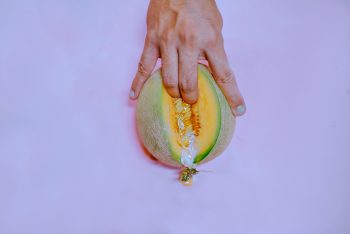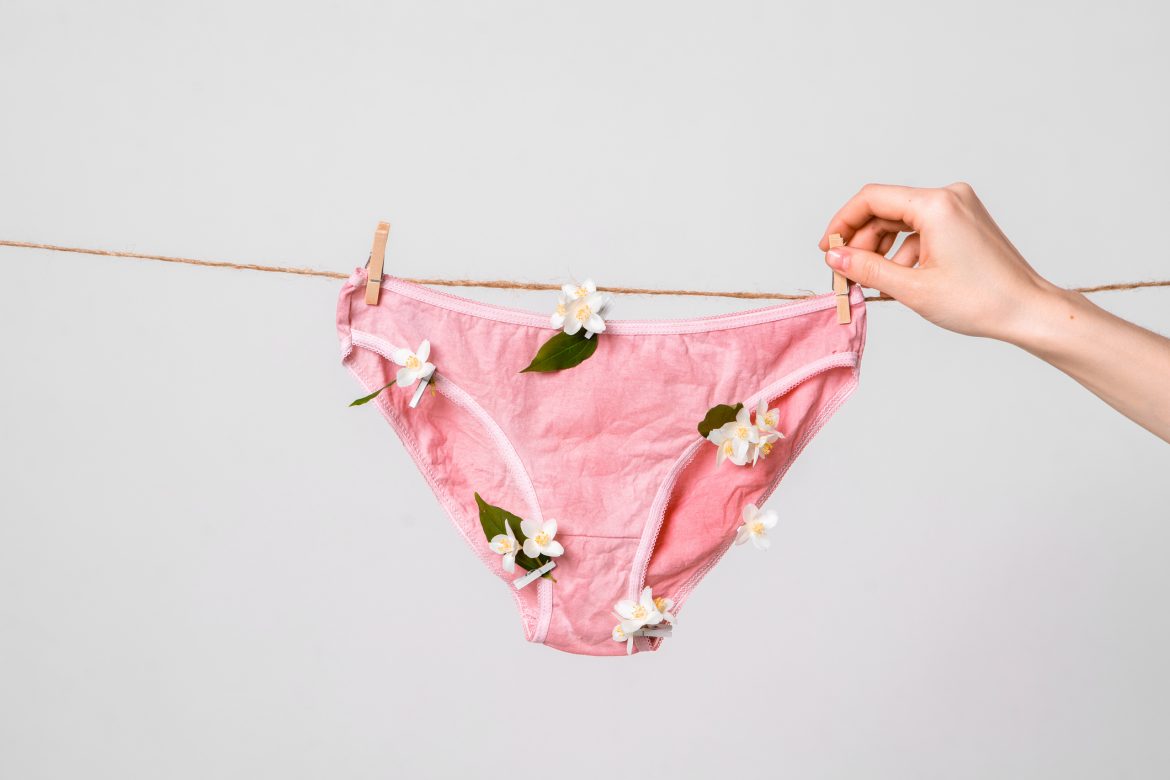Something we probably don’t think about all-too-often is the fact that, like the rest of our body, our vagina is ageing. While you might pore over the lines and wrinkles on your forehead in the mirror every morning, it’s less likely that you are looking ‘down there’. Is this worth stressing over? Probably not. But should you know what to expect? Well, it can’t hurt to keep informed.
So how does a vagina age?
Every woman and every vagina is different, and it’s completely understandable to wonder, ‘is my vagina normal?’ But a healthy vagina will continue to change as we go through life – this is totally normal.
What’s also totally normal is to open a dialogue about it. Gone are the days of stigmatisation! Now, we should be able to chat openly with our friends and help one another through all facets of ageing. After all, we are all going through this, so we might as well do it together.
Key life transitions such as pregnancy and menopause will have an effect on your genitals, just as they do on the rest of your body. Read on to discover how a normal vagina changes with age…
In your 30s
If you are on the pill, or have taken it previously, your vagina may become drier in your thirties. Experts believe that because the pill stops ovulation, you might not produce as much natural lubrication at this time of the month.
Stephanie S. Fabuion, author of Mayo Clinic: The Menopause Solution says:
“We think some women may get more vulvar dryness with birth control pills because the pills are blocking male sex hormones called androgens, and the vulva has androgen receptors.”
However, she does add that this varies from woman to woman.
Pregnancy and childbirth can also have a massive impact on your vulva. The uterus swells to watermelon proportions during pregnancy – some women even get varicose veins on their genitals thanks to this increase in weight. Hormones produced when you are expecting can also change the colour of your vulva, making it darker.

pexels
During childbirth, your vagina will naturally stretch as well if you don’t opt for a C-section. Thankfully though, the vagina is an extremely resilient part of your body and, thanks to its elasticity and blood supply, a healthy vagina tends to return to normal within six weeks of childbirth.
However, doctors recommend performing pelvic floor exercises to help things since the force applied to our pelvic muscles during labour can cause damage. Doing regular kegels when expecting will help to prevent bladder leakage and can help make sex feel more like before. Even though your vagina is ageing, there are loads of exercises you can try out to help you combat the effects of time.

Pexels
In your 40s
Years of defuzzing may start to take their toll now – you might notice skin or pigment changes as a result of waxing or shaving down there. Just like the hair on your head, your pubic hair will also start thinning in your forties. This is thought to be down to declining oestrogen, which occurs as you approach menopause.
Aside from pregnancy-related changes, a healthy vagina will remain largely unchanged until you reach your forties. However, during this decade, your hormone levels begin to decline as perimenopause beckons. At this point, you may start to notice reductions in elasticity, thinning vaginal walls and the beginnings of vaginal dryness, which can result in itching and redness.
In your 50s
Most women go through menopause between the ages of 50 and 52. And this may have an enormous impact on your vagina. Depleted oestrogen levels result in thinner, less elastic and drier vulvar tissue due to loss of fat and collagen. This can cause irritation during sex. In drastic cases, it is compared by some people to using sandpaper or feeling like you need to go to the toilet.
As hormone levels drop, your body stops making certain bacteria. This will changes the pH level of a normal vagina, making it more acidic. In the absence of this good bacteria, you will be more prone to infections like urinary tract infections and bacterial vaginosis.

Pexels
In your 60s and beyond
Whilst other symptoms of the menopause will gradually tail off at this stage, changes to your vagina will continue on into your 60s. By the age of 60, nearly 60% of women experience problems with vaginal dryness.
This can cause problems for your sex life. Faubion explains: “When sex hurts for women after menopause, there’s this involuntary reaction. You anticipate having painful sex, and then your pelvic floor muscles spasm to protect you. Your brain is saying, ‘This is going to hurt’.”
What can you do to help your vagina as it ages?
If you have concerns about your vagina or feel physically uncomfortable, it’s important to seek medical attention, whatever your age. However, remember that a healthy vagina will likely always undergo changes. Try these self-help tips to keep yours feeling good…
- Doing kegels can help to stem bladder leakage, and help sex feel comfortable again. Contract your pelvic floor muscles (the ones you squeeze to stop the flow of urine when you go to the toilet) for ten seconds, relax, and repeat 20 times, three times a day.
- Ditch your office chair – instead, sit on an exercise ball for 15 minutes a day. This forces the muscles of your pelvic floor to contract – and you won’t need to do a single squeeze.
- If your problems revolve around dryness during sex then a lubricant can make things easier – just remember not to use oil-based lubricants with condoms.
- If none of these options work for you, a GP can prescribe vaginal oestrogen which comes in a cream, tablet or ring.
ALSO SEE:
My best friend bought me my first vibrator – It changed my life…
Feature Image: Pexels

